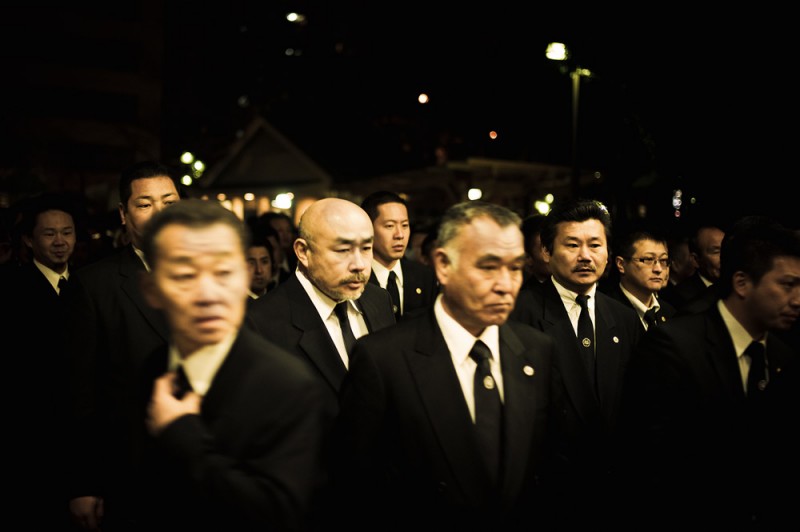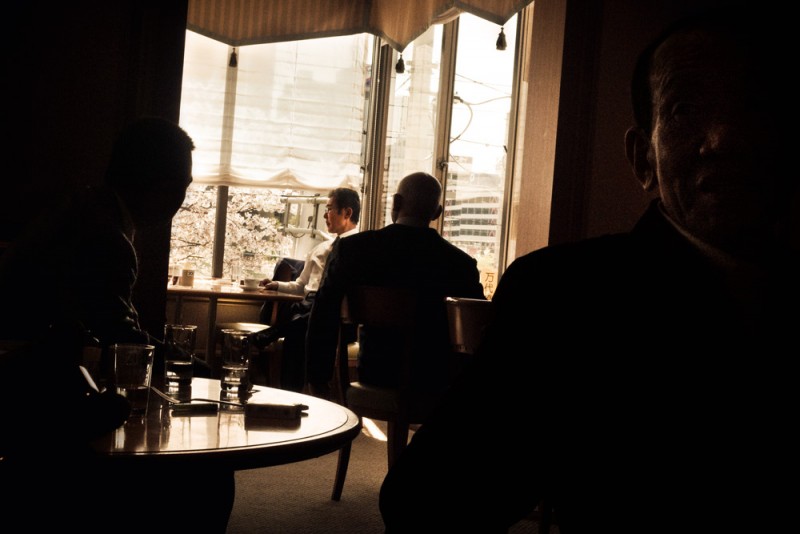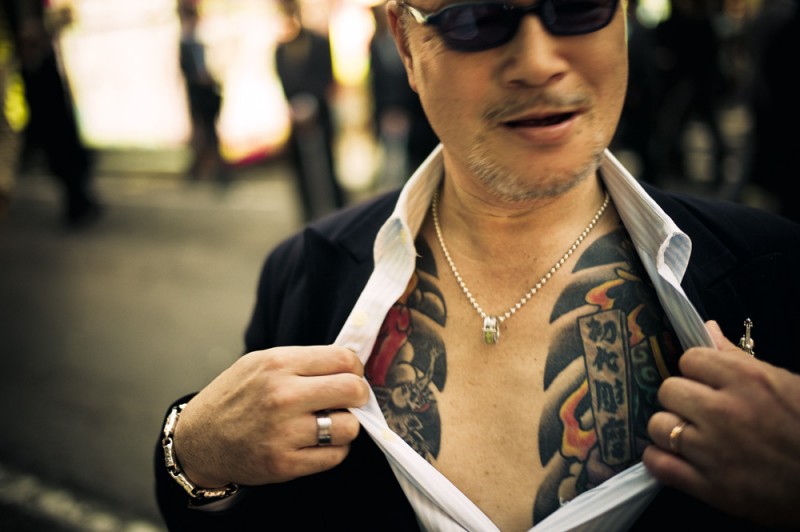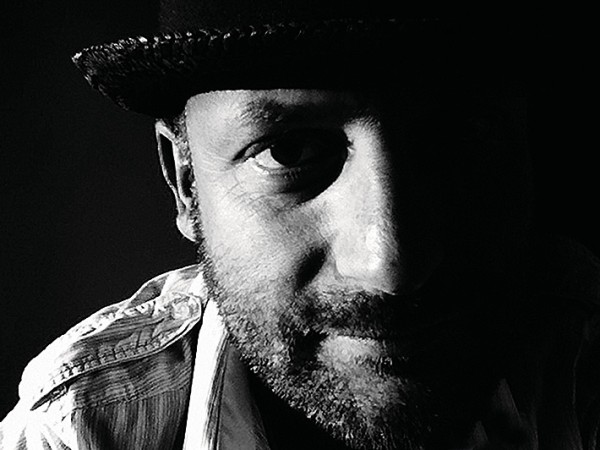Anton Kusters – Japan's Godfathers
Anton Kusters – Japan's Godfathers
Anton Kusters
July 21, 2014

As usual, everything takes a lot of patience. My brother and I negotiated for 10 months with Souichirou – a high level boss of the Yakuza family I ended up photographing for 2 years – before they granted us access. During those ten months we were screened to see if my intentions were true. I think the fact that my intention was to learn about Japanese culture and the Yakuza subculture, and that I was embarking on a documentary project, not a photo-journalistic one, made a real difference. I told them I wanted to look at them with as open eyes as possible, without judgement, to show what I experienced being allowed to look inside the Yakuza, to publish a book, and to produce an exhibition.
Do you have an image in your mind that you're annoyed you didn't manage to photograph?
I'd really have to think about that one. I don't recall missing any specific shots completely, but with what I know now, I would have "worked" certain situations more and longer to get better pictures out of them. Remember, Yakuza was my first big project as a photographer. I'm only just developing my own visual aesthetics and language. During the project, there were times I felt that, even though I was there, I was not able to adequately capture the situation with images I was happy with afterwards. I still have a lot to learn.
In Yakuza society, "Yubitsume" is a ritual of self-amputation of the little finger carried out as reparation. What faux pas of yours might have demanded one of your fingertips and would you have continued photographing afterwards?
All the mistakes you could make are related to respect and not showing respect for a person or for a situation, or being dishonest about your intentions. Honest mistakes can always be made. But as "yubitsume" is so closely related to respect and honesty, it would mean that if I were to put myself in a situation where I would have to cut a finger, it could only be as a result of myself or my brother being (wilfully) disrespectful or not being honest about my intentions.
But, just so you know, we also agreed during the negotiations with them that they would never stop me taking pictures at any time, whatever happened. So this detail alone would make me keep on photographing.
What Japanese words do you need to know when photographing the Yakuza?
You need a whole dictionary. I don't speak Japanese, but my brother does and we carried out negotiations for 10 months. So this means 10 months of talking and asking and questioning and talking again in perfect Japanese.
During photographing, the body language was most crucial; but, of course, an extremely polite "thank you" and a little bow was always a good thing once in a while. "Yoroshiku Onegaishimasu."
You can also find Anton Kusters' Odo Yakuza Tokyo series in issue No. 1 of the M Magazine.
Anton Kusters+-
After completing his Masters in Political Philosophy, Anton Kusters (1974) studied photography. Together with his mentor, Magnum photographer David Alan Harvey, Kusters helped establish Burn magazine, and is involved in the yearly award ceremony of the Emerging Photographer Grants. Published in 2011, the photo book of his reportage titled Odo Yakuza Tokyo is already in its second print. He currently lives and works in Belgium and Japan. More


© Anton Kusters

© Anton Kusters
